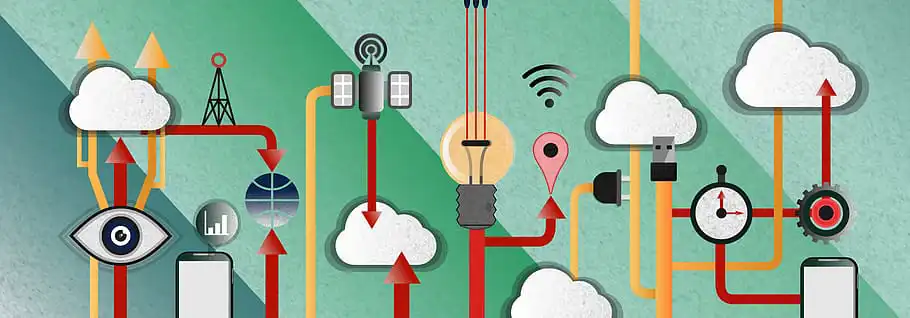Attention-Deficit Hyperactivity Disorder (ADHD) is a common cognitive condition that affects a significant portion of the global population. A recent study explored the relationship between ADHD individuals and their respective 'chronotypes' - the individual preference for morning or evening activity. The findings may startle some as it claims that individuals diagnosed with ADHD who are 'evening types,' may be more susceptible to depressive symptoms.
This recent research published in the 'Psychiatrist' asserts that differences in circadian rhythms and behavior could significantly impact one's mood, particularly for those suffering from ADHD. Circadian rhythms are fundamental biological process that regulates our sleep/wake cycle, promoting sleep at night and alertness during the day.
In the context of those diagnosed with ADHD, identifying as an 'evening person' may lead to an increase in depressive symptoms. A connection being discovered that could pave the way for more effective treatments. This specific research aimed to delve further into the biological aspects of ADHD, specifically, the body's internal clock and how it can play a role in determining mental health.

A group of nearly 200 adults diagnosed with ADHD participated in this study. They followed a structured system that helped identify their preferred times for sleep and activity based on when they felt most alert. The result categories were divided into morning, intermediate (neither morning nor evening), and evening types.
Following the sleep wake patterns, the participants were evaluated for depressive symptoms using recognized and standardized tests. The purpose being to discover if there were indeed palpable correlations between an individual's chronotype and their experiences with depression.
This recent investigative study was carefully scrutinized, and it was revealed that those categorized as 'evening types' reportedly experienced more intense depressive symptoms as compared to their 'morning' and 'intermediate type' counterparts.
The study pushes the boundaries of our understanding of ADHD and its associated hazards. People with ADHD already face a higher risk of depression compared to the general population. The study suggests that the circadian rhythm could be a potential contributing factor to this.
While arguably intriguing, such results offer crucial insights for the formulation of therapeutic interventions. With the comprehensive understanding of the implications of chronotypes in individuals with ADHD, health specialists can tailor treatment plans in an effective and responsive manner.
What does this mean for health practitioners handling ADHD cases? Well, considering evening type ADHD individuals in their treatment plans is certainly a logical and worthwhile approach. This can create treatment options that take into consideration these circadian rhythm preferences.
Nonetheless, the study authors were also quick to point out limitations within their research. For instance, they did not account for potential factors such as social jetlag, sleep disorders, or effects of ADHD medication on sleep habits, all of which could slightly alter the results.
Furthermore, this study only focused on adult ADHD. The prevalence and effects of being an 'evening type' in children with ADHD have not been incorporated into the research. This leaves room for further exploration in the field.
Their work builds a starting-point for future studies to better understand how the internal body clock impacts depressive symptoms in those with ADHD. The long-term goal here is to enhance treatment options and better manage symptoms in those diagnosed.
It's important to remember that while the study provides significant insights, it's not definitive. There's always more to learn and the complexities of ADHD need to be considered in all their aspects for a comprehensive understanding.
Greater in-depth study on the interaction between ADHD, chronotypes, and depression could lead to the development of novel and tailor-made therapeutic strategies. A closer look at circadian rhythms and their potential health implications could even expand to other psychiatric disorders.
In conclusion, this remarkable research study opens up a new avenue for understanding the biological aspects of ADHD and the possible influencing factors of depressive symptoms. It highlights the importance of integrating knowledge of chronotypes in therapeutic interventions for ADHD.
Simultaneously, caution is advised when attributing all depressive symptoms to the preference of being an evening type. ADHD is complex and multifaceted, which means that depression within ADHD can be a result of multiple variables.
Finally, it's worth noting that although this is just a single piece of the overall ADHD puzzle, it lends weight to the notion that understanding individual circadian rhythms is key to formulating proficient mental health strategies in the future.
This research certainly sheds much-needed light on an often overlooked aspect of ADHD — circadian rhythm variations and how they potentially impact mood disorders. Future studies in this direction are anticipated, further propelling our collective understanding of ADHD and its managing tactics.